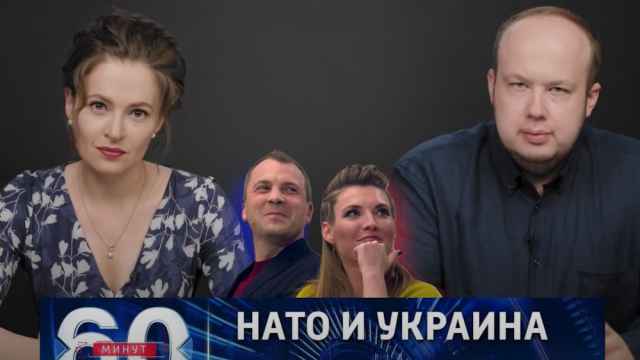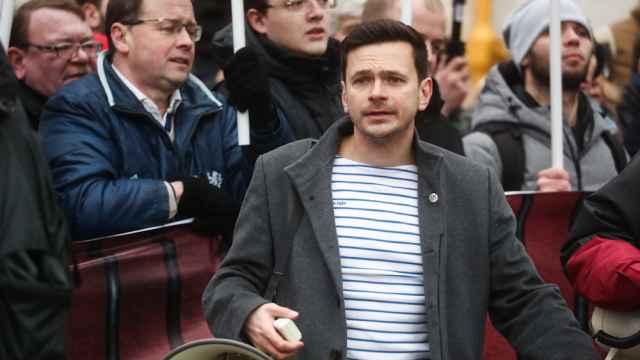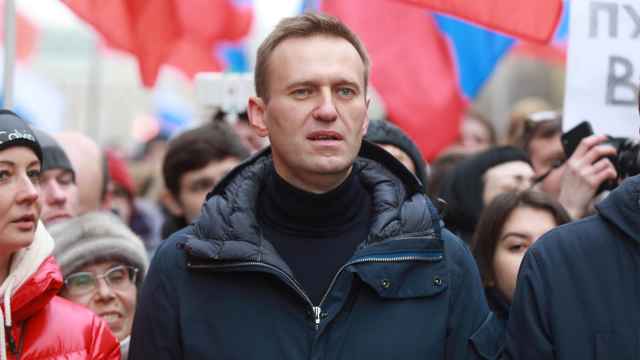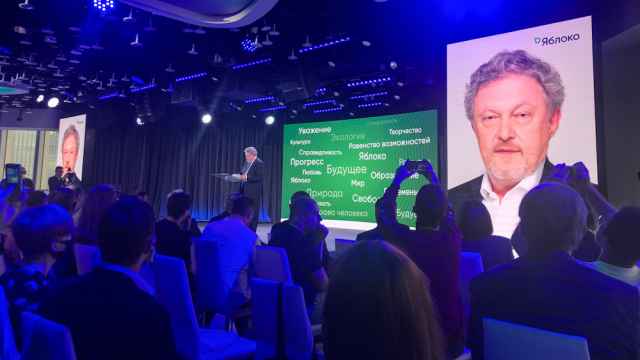Debate is raging about why there are no large scale protests over Alexei Navalny’s shock poisoning. Here are a few reasons why I believe protest so far has been muted across Russia:
– While there is hope that Navalny will survive, a fatal outcome would obviously prompt a completely different level of reaction by society. The events surrounding the poisoning have been drawn out and lacked clarity for a long time, which has prevented a shock reaction from society.
– Navalny is far from a hero of the people, at least for now. Over the years, the Kremlin has somewhat succeeded in creating a negative image of him as a pro-Western agent, a rogue and an opportunist. Navalny has also become a contradictory figure in the liberal camp. The fruits of his work, including his countless investigations, have turned out to be much more popular than he himself has.
– Unlike investigative journalist Ivan Golunov who was arrested last summer on trumped-up drug charges, Navalny does not belong to a professional class that can be mobilized to defend him. For journalists, Golunov's set-up became an attack on their profession, so journalists led the way and organized the protests.
– Another key difference with Golunov’s case is that Navalny supporters do not have a clear goal like it was the case with Golunov who had to be “freed out” from prison. I would have expected a different reaction if Navalny was facing serious charges.
– No one in Russia believes in the possibility of an open and honest investigation. For Navalny's supporters, the culprit is obvious and the actual poisoner's name, or even that of their boss, does not matter.
Protests could erupt if Navalny’s health further deteriorates, but something else is much more important here — a quiet indignation among the internal elite, which can neither be seen nor measured.
Navalny’s poisoning might have a bigger effect on the elite than on general society. His poisoning certainly raises questions for many influential players.
Many conservative pro-Putin elite representatives have, to put it mildly, been rattled, and some people who are close to the government are still shocked enough that they would rather believe in the involvement of Western special forces over the regime’s ability to poison opponents in this manner.
The use of Novichok as an argument in a political dispute will undoubtedly be read as a signal that the regime has begun to crack, since it cannot cope with routine political challenges using peaceful tools.
A version of this article was first published by R.Politik
A Message from The Moscow Times:
Dear readers,
We are facing unprecedented challenges. Russia's Prosecutor General's Office has designated The Moscow Times as an "undesirable" organization, criminalizing our work and putting our staff at risk of prosecution. This follows our earlier unjust labeling as a "foreign agent."
These actions are direct attempts to silence independent journalism in Russia. The authorities claim our work "discredits the decisions of the Russian leadership." We see things differently: we strive to provide accurate, unbiased reporting on Russia.
We, the journalists of The Moscow Times, refuse to be silenced. But to continue our work, we need your help.
Your support, no matter how small, makes a world of difference. If you can, please support us monthly starting from just $2. It's quick to set up, and every contribution makes a significant impact.
By supporting The Moscow Times, you're defending open, independent journalism in the face of repression. Thank you for standing with us.
Remind me later.








